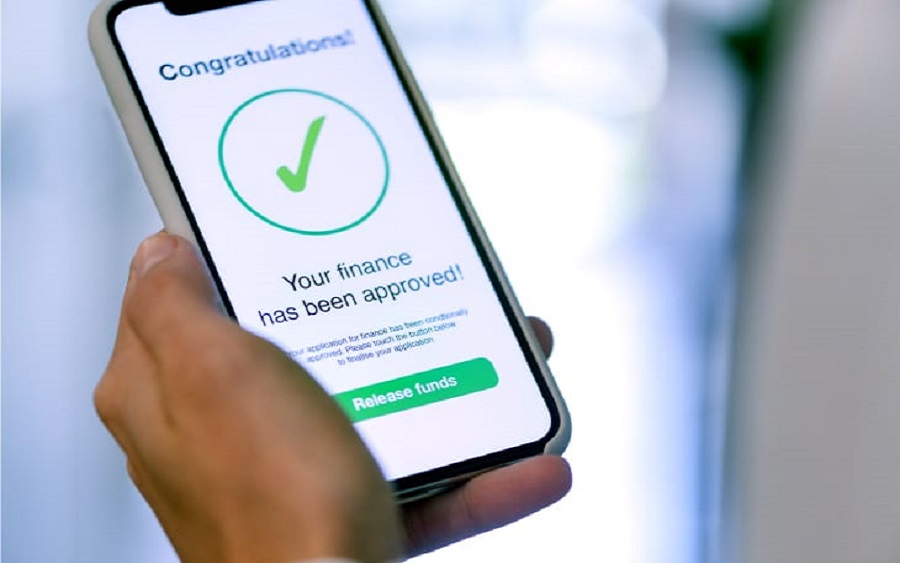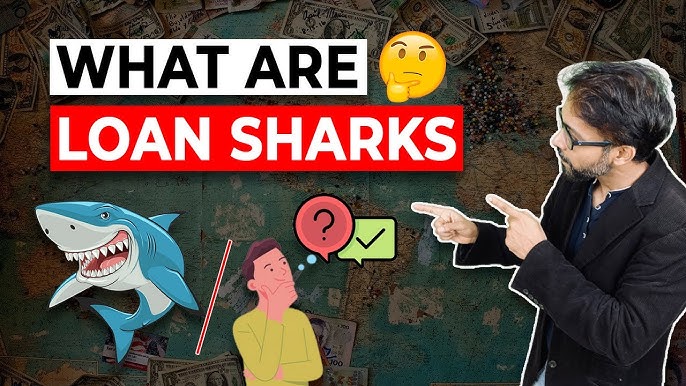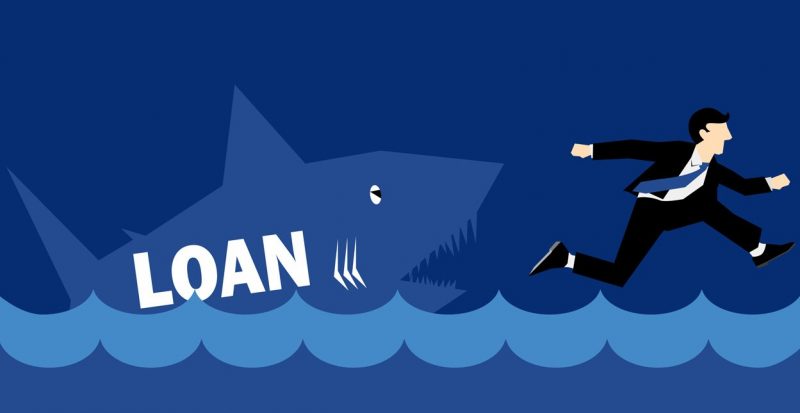There is no doubt that financial desperation has driven many to the convenience of online loan apps. But lurking behind some of these platforms are loan sharks – unregulated lenders who exploit borrowers with outrageous interest rates and ruthless recovery tactics.

In Nigeria particularly, the rise of digital lending has unfortunately brought with it a wave of predatory loan sharks who use harassment, threats, and public shaming to recover debts.
In this article, you will learn that lenders are not powerless through a detailed and engaging guide on how to fight back.
Who Are Loan Sharks?

Loan sharks are individuals or companies that offer loans without proper licensing or regulation. They often:
- Charge exorbitant interest rates
- Operate without transparency
- Use intimidation, threats, or blackmail
- Publicly shame borrowers by messaging their contacts
All these practices violate consumer protection laws and can be reported.
How Far Loan Sharks Have Gone
The tragic reality is that loan shark harassment in Nigeria has pushed some individuals to the brink – and in heartbreaking cases, beyond it.

One such story is that of 24-year-old Mathew Kolawole, a sociology student at Lagos State University. In a desperate bid to cover school expenses, he turned to a digital loan app called LCredit.
What began as a small loan spiraled into a cycle of debt, with interest rates ballooning and repayment periods shrinking.
When he defaulted, the app allegedly began sending defamatory messages to his contacts, falsely accusing him of criminal behavior and even claiming he had HIV. The shame and emotional toll became unbearable. Mathew took his own life by ingesting poison.
Furthermore, investigations have revealed that digital money lenders (DMLs) operating outside regulatory frameworks use threats, impersonation, and public shaming to recover debts.
Victims have reported severe anxiety, depression, and social isolation. Some block all calls, avoid public spaces, or even change their identities to escape the harassment.
Who Can You Report To?
If you or someone you know is struggling under the weight of loan-related harassment, please know that help is available.
The Federal Competition and Consumer Protection Commission (FCCPC) is the primary authority tackling this menace in Nigeria. They’ve launched initiatives to crack down on rogue loan apps and protect consumers from harassment.
Step-by-Step Guide on How to File a Report
Step 1: Gather Evidence
This includes screenshots of messages or emails, call logs or recordings, app details (name, contact info, loan terms).
Step 2: File a Complaint with the FCCPC
You can either
- Send your complaint via email to contact@fccpc.gov.ng, or
- Visit FCCPC’s complaint portal at fccpc.gov.ng, go to the “File a Complaint” section, and fill in your details. You’ll need to provide information such as the loan app’s name, contact details, loan amount, and a description of the issue, or
- Message them directly on X via @fccpcnigeria
In your report, include the following details:
- Your full name and contact info
- Name of the loan app or lender
- Description of the harassment
- Any supporting documents or screenshots
Note that: The FCCPC may contact you for more information or updates on your case. Stay responsive.
What Follows After Your Report is Acknowledged?
Once there’s a successful report, the FCCPC investigates the complaint. If the lender is found guilty of violating consumer rights, they may face:
- Fines and sanctions
- Delisting from app stores
- Legal action or shutdown

In fact, several loan apps have already been sanctioned or banned for abusive practices.
PS: You have the right to borrow money without being subjected to harassment or public humiliation. Reporting these practices not only protects you; it helps dismantle a system that preys on the vulnerable.


